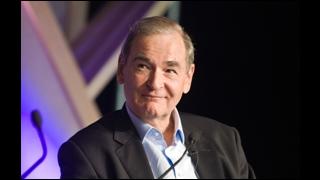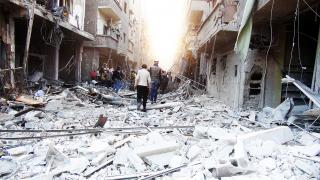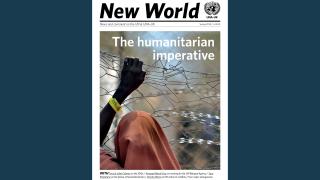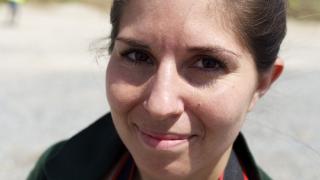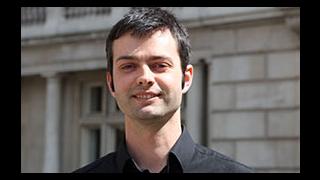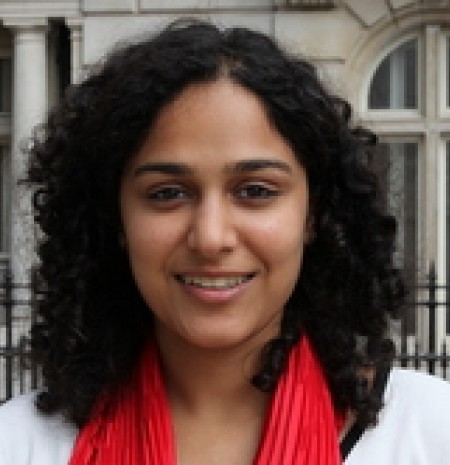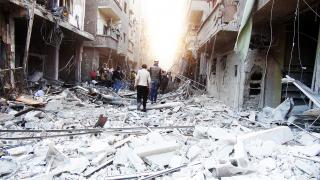
In 2010, after the bloody end to the country’s decades-long conflict, Secretary-General Ban Ki-moon established an Internal Review Panel to examine the UN’s actions and accountability in Sri Lanka. The former Chair of this Panel, Charles Petrie, writes for New World on the vital need for the international organisation to exercise “moral force”.
A new reality
An observer could be forgiven in concluding that many of the current conflicts in the Middle East seem intractable and the cycles of violence in parts of Africa hopeless. And left wondering how increasingly the best intentions of the international community, and more specifically the UN, have such limited success in bringing to an end such situations of violence. It is undeniable that the contexts in which violence plays out have become more complex. But the underlying causes of conflict are not necessarily new. It may be that the issue has less to do with the dynamics of the conflicts, and more to do with the means to address them having become so much less effective.
Over the course of the last decade the ability of traditional powers to leverage situations seems to have become less clear or straightforward. This could be, in part, because of the emergence of new powerful actors on the international scene, some of whom do not necessarily fully understand, or share, the significance of the values promoted by Western powers. But could it also be that the traditional international instruments, conceived during the first half of the last century, forged during the Cold War, and applied energetically in the course of its aftermath, have become blunt? This is not to say that they have lost their relevance, but rather to question whether, as instruments, they can still mobilise timely and effective responses to situations of escalating conflict.
Of course, this characterisation is a sweeping generalisation that does not necessarily do justice to those international attempts to mediate ends to conflict that have been successful. But the question is worth asking and it is particularly important to do so in relation to one of the leading tools, or justifications, of post-Cold War intervention – the humanitarian imperative.
It is clear to a number of practitioners that over the course of the last decades, humanitarian action has lost the acceptance of its neutrality and impartiality that has been so critical to defining its legitimacy and ensuring the security of its actors. Now in a number of conflicts, humanitarian actors, and in particular the UN, are seen as being extensions of wider political agendas. And, as a result, it has become a lot more difficult to deliver humanitarian aid in conflict settings. It could be argued that it has become even more dangerous for humanitarians to do so now than at the height of the Cold War.
To deal with the consequences of this new political and security context, humanitarian actors have had to put in place varying levels of much tighter security regimes – and none more so than the UN. Systems have had to be developed to address new threats that, even if local, can be acted on globally. This has led to a greater physical distancing of most humanitarians from the contexts in which they have to intervene and the communities they are there to serve. And unfortunately, with that is being lost one of the more critical means of understanding conflicts, the resilience of communities, and the potential to identify paths out of the violence.
Even in this new context, which surpasses the capacity of any one entity to handle, the UN humanitarian community continues to be accused of inaction and inefficiency. The latest salvo is the open letter by Médecins Sans Frontières (MSF) to UN Emergency Relief Coordinator Valerie Amos, in which the NGO accuses the UN of failing in its responsibility to provide assistance in the Central African Republic (CAR). MSF charges the UN with applying security measures that are disproportionate to the realities on the ground. The open letter argues that the UN is too frequently in “lock-down” and, as a result, unable to deliver critical assistance, while MSF and others continue to move through the country providing essential emergency assistance.
But is this assessment correct? In many ways it could be argued that the essence of the accusation made in MSF’s letter to Valerie Amos on CAR has less to do with the UN needing to adapt its security regime to be able to do more, and much more with the need for all to acknowledge the fact that sometimes it cannot. The apparent inaction is not just the outcome of a lack of will, but more a confirmation of the level of risk UN operations in environments of growing insecurity are willing to assume.
If there is a valid accusation to be made, it is possibly the UN’s continued need to be seen to do everything. The key point being that the UN needs to be clearer, more transparent and humble in stating what it can and cannot do. The UN needs to be encouraged to find ways to really partner and support those who can intervene in areas and ways that it cannot. And unfortunately respectful partnership has never been seen as one of the UN’s stronger points, at least not in the past.
The UN’s strength
The UN does hold a unique position in the international community’s response to violence and conflict. The strength of the UN is the values and principles that underpin the mandates of its different bodies. The UN system embodies the compact made by the powers in 1945 to end “the scourge of war”.
But the last phase of the war in Sri Lanka in 2008–09 demonstrated how much the UN as a system had lost its ability to uphold those foundational values. The main finding of the Internal Review Panel on the UN’s actions in Sri Lanka, which I chaired, was the systemic failure of the organisation. This systemic failure was defined by poor institutional reflexes and timidity, stemming from the organisation’s unwillingness to reveal the full extent of the horrors being perpetrated in the country in the hope of gaining greater physical access (which was not, in the end, forthcoming), and the secretariat’s hesitation in raising Sri Lanka with a Security Council that it knew to be unwilling to take on the issue. Ultimately, it came down to a lack of ownership of the problem, by the system as a whole and at the highest levels. In such a context, the UN Humanitarian and Resident Coordinator and a number of his colleagues tried valiantly to do their best, but it was not good enough.
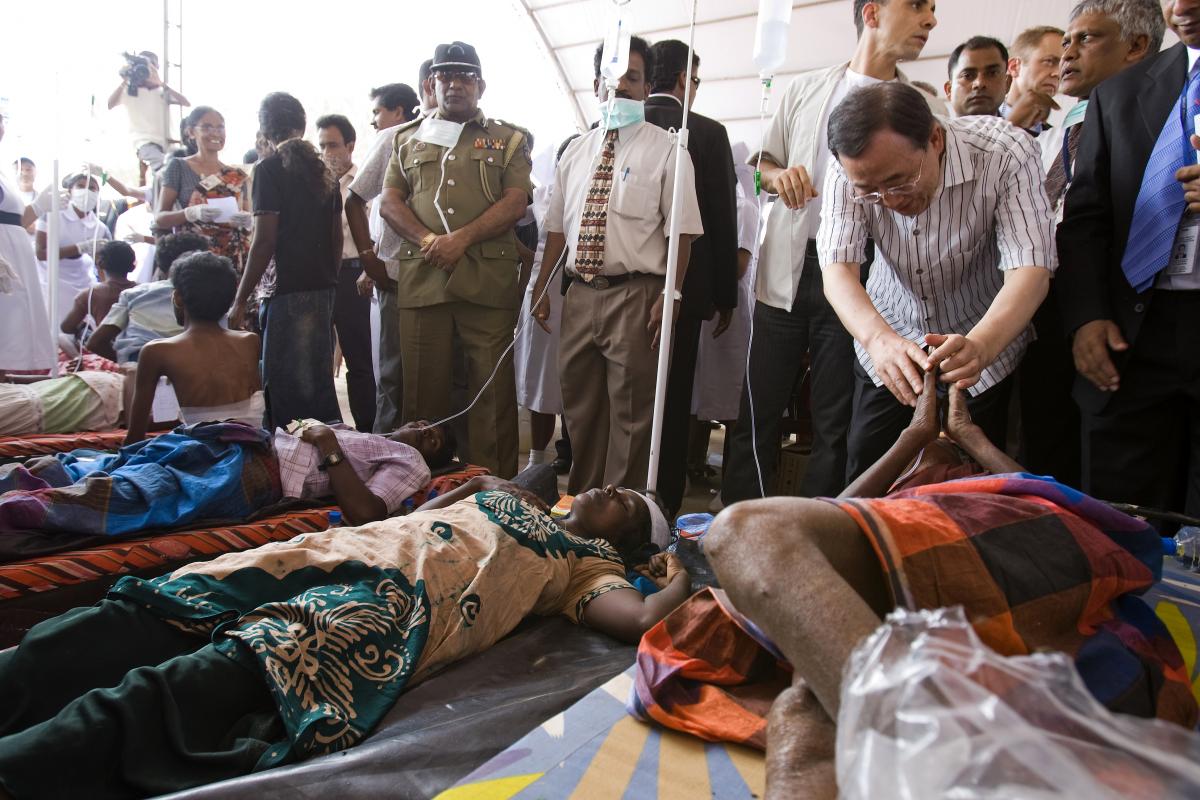
It has been argued that, even were the UN to have performed better, or been more forthright in stating the information it had, this would potentially have made little difference to what ultimately unfolded in Sri Lanka. It is of course impossible to know and easy with hindsight to say it would have (or not). But that was not the issue. The point is that the system did not use to the fullest extent its moral force. Even the most aggressive governments have been seen to change their behaviour when confronted by evidence of violations of international humanitarian law. And even if a stronger stance on Sri Lanka would not have altered the outcome, it would have demonstrated the UN’s willingness to stand up for its principles, rather than allow them to be eroded, to the detriment of its future leverage in other situations.
In November 2013, the Secretary-General issued a message to all staff accepting the characterisation of “systemic failure” for the UN’s actions in the final stages of the Sri Lankan conflict. In his message he renewed, on behalf of its senior leadership and all staff, the body’s commitment to upholding the responsibilities assigned to it by the Charter, the Security Council and the General Assembly. It takes extraordinary courage for the head of a global organisation to acknowledge such a fundamental failure and to propose measures to address it.
There has been resistance from some parts of the UN, not only to the findings of the report and the Secretary- General’s embracing of them, but also the steps taken to address them. Some agencies view the “Rights up Front” initiative, established by the Secretary-General in response to the report’s recommendations, as not relevant to their organisation’s mandate. But the UN’s inability to position itself at the time was to a large part a result of a long series of flawed assessments of the Sri Lankan conflict and a lack of understanding of the implications for the broader development and governance of the country.
The failure of the UN in Sri Lanka has to be owned by the system as a whole. The body’s senior leadership has shown the courage to accept this. It only requires simple commonsense, let alone wisdom, to understand that if the UN system fails in upholding the principles and values with which it has been entrusted, then it does not have much else to offer that other entities could not attempt to provide in a more cost-effective manner.
Former UN Assistant Secretary-General Charles Petrie, who led the organisation’s internal review on Sri Lanka, has close to 30 years’ experience working in contexts of conflict and famine.
Ban Ki-moon visits Sri Lanka in May 2009, a week after the end of the civil war. 250,000 were
interned at this camp for internally displaced persons alone. © UN Photo/Eskinder Debebe.


